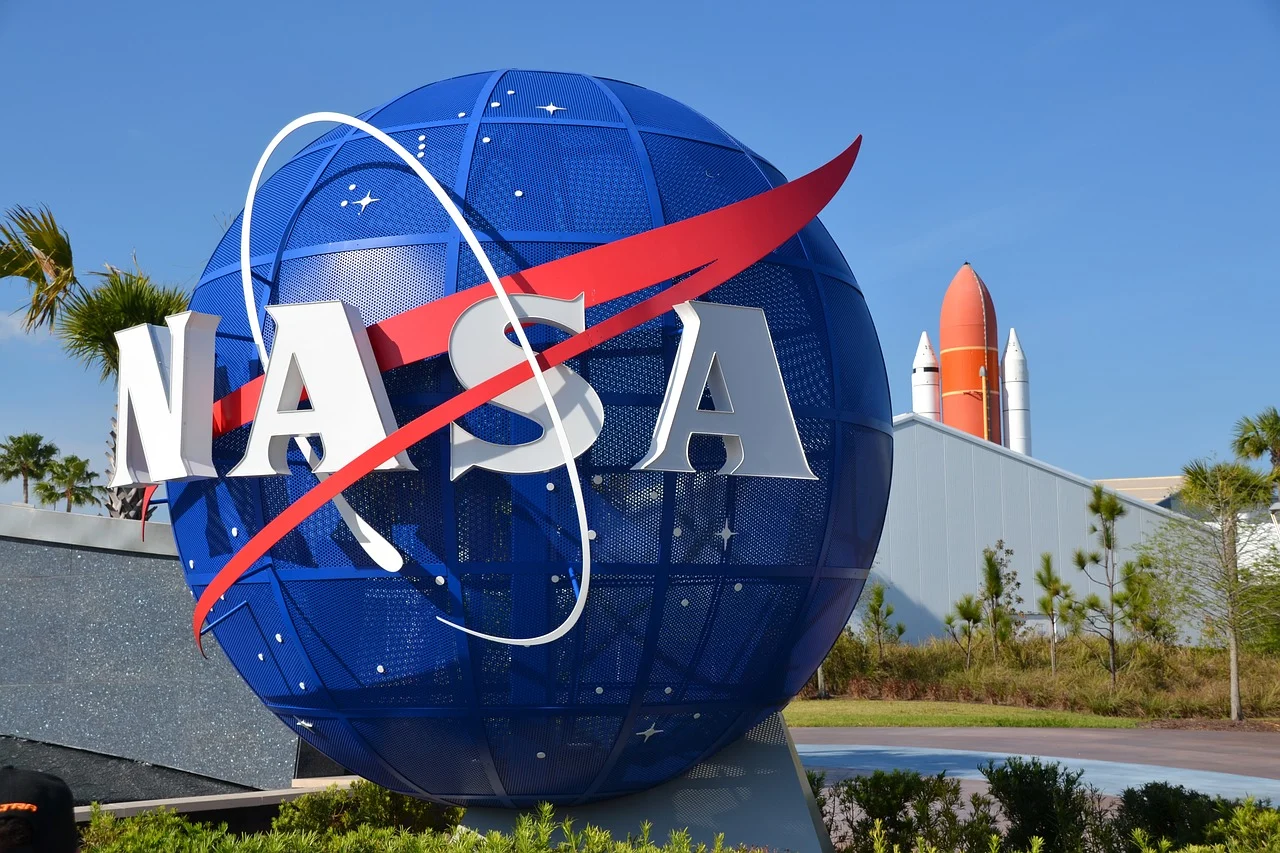Science News Roundup: NASA UFO panel in first public meeting says better data needed; What makes us human? Primate genome study offers some clues and more
It lifted off successfully but its second stage failed to start as expected, state media reported, and it crashed into the Yellow Sea. What makes us human?

Following is a summary of current science news briefs.
US poet laureate dedicates ode to Europa for NASA mission to Jupiter's icy moon
When U.S. Poet Laureate Ada Limon was asked to write a poem for inscription on a NASA spacecraft headed to Jupiter's icy moon Europa, she felt a rush of excitement at the honor, followed by bewilderment at the seeming enormity of the task. "Where do you start a poem like that?" she recalled thinking just after receiving the invitation in a call at the Library of Congress, where the 47-year-old poet is serving a two-year second term as the nation's top bard.
New North Korean space rocket features engine from ICBMs, analysts say
North Korea's latest space launcher appears to be a new design and most likely uses engines developed for the nuclear-armed country's intercontinental ballistic missiles (ICBM), analysts said on Thursday. The rocket, dubbed the Chollima-1, failed during its first launch attempt on Wednesday. It lifted off successfully but its second stage failed to start as expected, state media reported, and it crashed into the Yellow Sea.
What makes us human? Primate genome study offers some clues
The most comprehensive genomic study ever on primates - a group whose membership includes lemurs, monkeys, apes and people - has revealed pivotal genetic traits that are uniquely human while refining the timeline for our evolutionary lineage's split from our closest cousins, the chimpanzees and bonobos. Researchers said on Thursday they sequenced and analyzed the genomes of 233 primate species, comprising nearly half of those alive today, and surprisingly discovered that most boast greater genetic diversity - variation within a species that is vital for adaptation to changing environments and other challenges - than humans.
NASA UFO panel in first public meeting says better data needed
Members of an independent NASA panel studying UFOs, or what the U.S. government now terms UAP for "unidentified anomalous phenomena," said in their first public meeting on Wednesday that scant high-quality data and a lingering stigma pose the greatest barriers to unraveling such mysteries. The 16-member body, formed last year among leading experts from scientific fields ranging from physics to astrobiology, held a four-hour session streamed live on a NASA webcast to deliberate their preliminary findings ahead of issuing a report expected later this summer.
(With inputs from agencies.)










